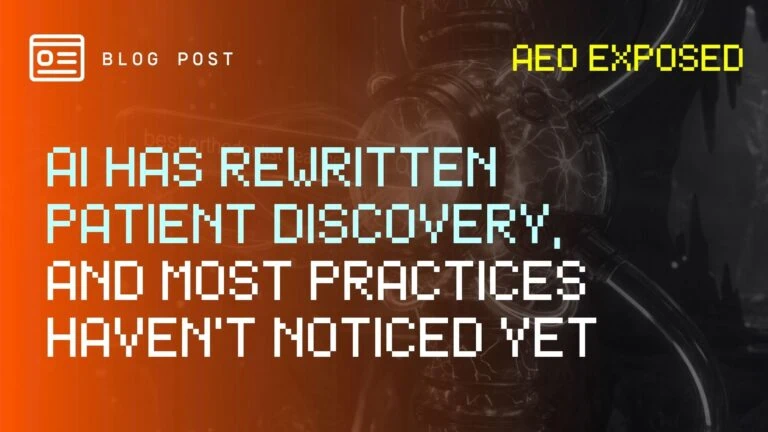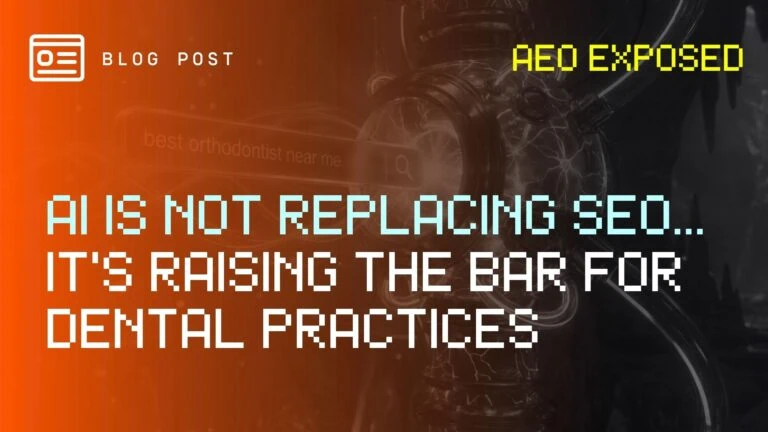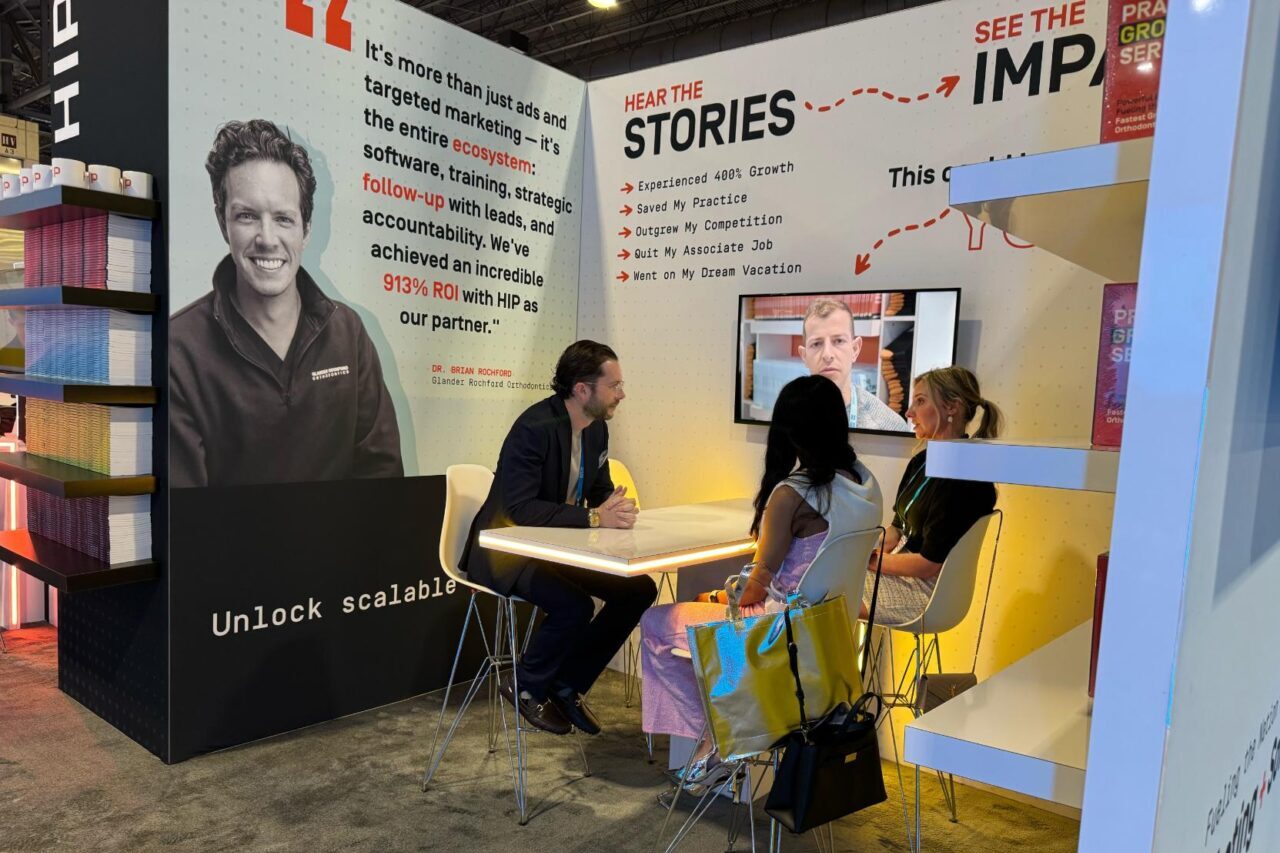Subscribe:
Embracing Transformation
Transformation is not a complicated process. It begins with a simple decision to embrace change. If you decide to replace your daily pizza with a salad, in three or six months, you will experience a transformation. What led to this? Just a decision to change.
The Three Pillars of Transformation
There are three essential steps to achieving transformation, making a decision, and implementing change.
1. Strategy
What strategy are you employing?
2. Story
What story do you tell yourself about why you can or cannot achieve something?
3. State
What state do you bring to the table? Are you draining energy or contributing it?
Shaping Your Narrative and Energy
If you maintain a positive energy, don’t you think you’ll tell yourself a more empowering narrative about what you can achieve? And if you operate with a better narrative, won’t that affect the type of strategy you implement in your business? It’s no surprise that those with poor strategies often have a negative energy and self-defeating narratives. So, what narrative will you choose? Which strategy will you implement?
Confronting Your Inner Adversary
Your greatest adversary stares back at you in the mirror. It’s not the competitor down the street. You might say, “I can’t grow because this competitor is taking all my business.” But how many people can you realistically serve? 500? 2 million? There are 2 million people out there. It’s not your competitor that’s holding you back; it’s you. When HIP struggled to grow in its first four years, we blamed it on our inability to hire good people. But the real problem was us. We had to change ourselves before we could attract the right team. Once we did that, our growth took off, even during the pandemic. The key is mindset. You must believe that you can improve. If you don’t, it’s unlikely others will believe in you. But once you start believing and radiating positive energy, it’s infectious. Others want to be around you because your belief and energy rub off on them.
Cultivating Resilience
It’s not about never falling; it’s about always getting back up. Failure is part of the journey, and success is a long game. Our business took four years of what felt like an uphill battle before we finally saw progress. You need to bounce back. Embrace failure as part of the process and remember, it’s a marathon, not a sprint.
Maximizing Your Current Location
Before considering expansion, ensure your existing location is thriving. I always advise people not to open a new location until their current one is successful. If your existing location isn’t a proven concept, starting another one may not be the best idea. The grass is greener where you water it, right? So focus on nurturing what you already have.
Embracing Feedback
Belief is the cornerstone of achievement. At HIP, we believe in potential—ours and yours. We knew we could make a difference in the orthodontic niche, but it required a shift in perspective and an openness to improvement. This belief fuelled our journey towards becoming a leading growth partner for orthodontic practices.
The Power of Self Reflection
Socrates once said, “The unexamined life is not worth living.” At HIP, we take this to heart. When faced with challenges, we don’t shy away. Instead, we reflect and seek truth in the situation. How can we grow from this? How can we become better? We value feedback and surround ourselves with people who challenge us to improve.
Making Necessary Changes
Change is a constant at HIP. In our quest for excellence, we’re always refining our strategies. From 2018 through Covid, we’ve overhauled our approach, even creating new roles within our team. We listen, adapt, and evolve to ensure we’re always delivering top-notch services to our clients.
Understanding Mindsets
We recognize two types of mindsets in the orthodontics field.
Status Quo Mindset
This mindset tends to focus on obstacles rather than opportunities. It’s characterized by a defeatist attitude and a lack of positive energy.
Easy Grower Mindset
This mindset knows its strengths and weaknesses, leverages others’ strengths, and channels energy towards improving orthodontic practices.
At HIP, we aim to foster the ‘Easy Grower’ mindset in our partners, helping them leverage their strengths and cultivate positive energy.
Trusting Your Team
Growth cannot happen in isolation. It requires trust in your team. At HIP, we’ve seen that those who trust their teams to help them grow are the ones who truly scale their practices.
Meeting Human Needs
All individuals have six core needs: Certainty, Uncertainty, Love and Connection, Significance, Growth, and Contribution. At HIP, we believe in fulfilling these needs through our services, promoting personal growth, and making a positive impact on our partners’ practices.




